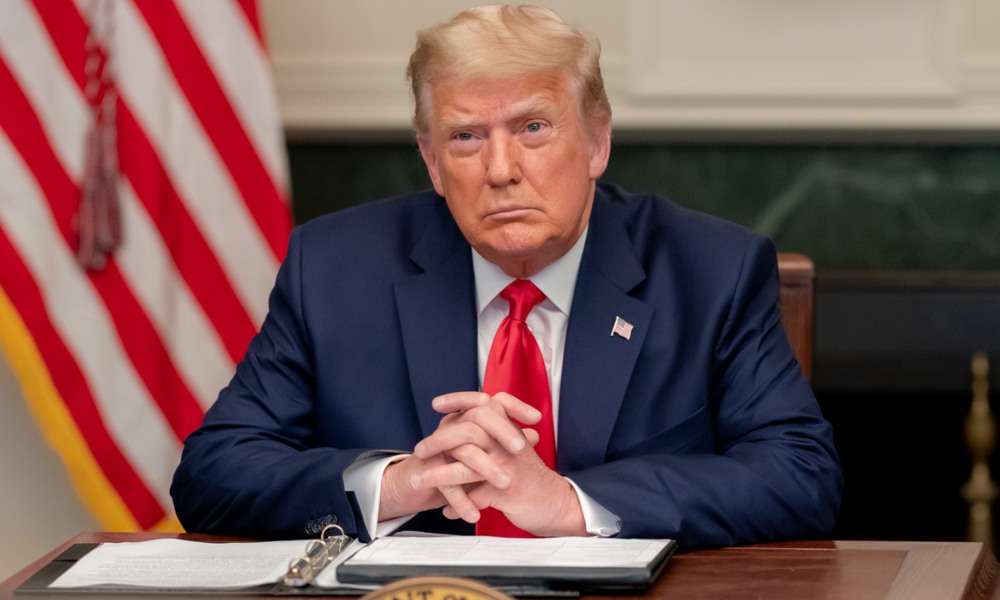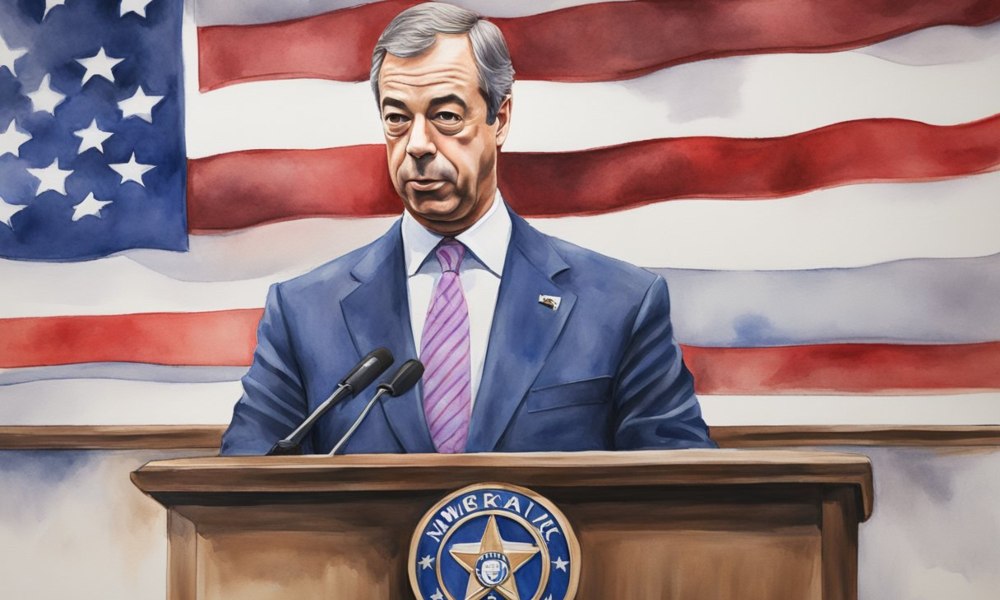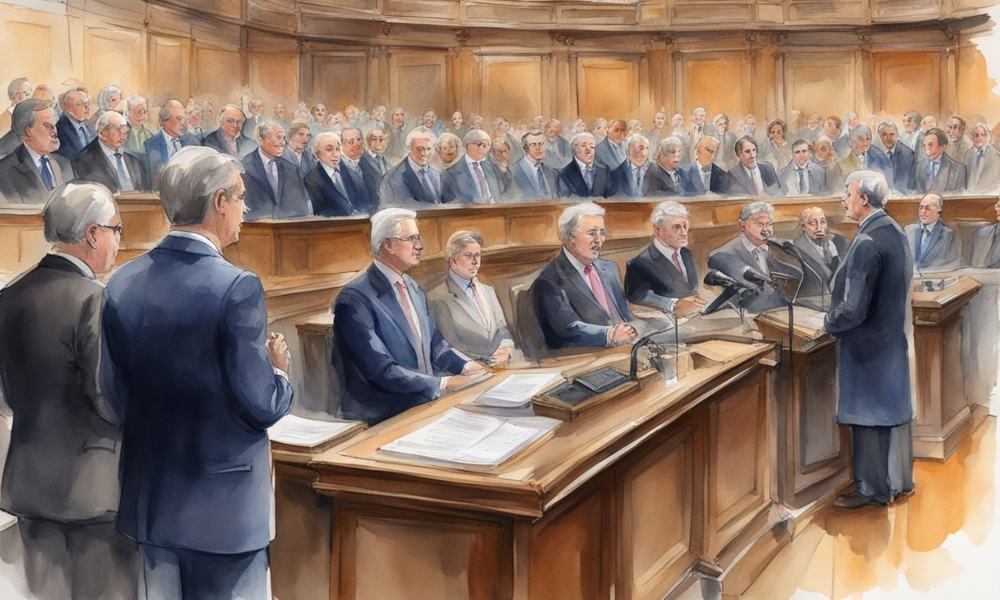Nigel Farage says Donald Trump did not offer him a job. Here are the key points:
- Farage denied rumours that Trump offered him a job
- He said he has been provided with other U.S. jobs but not by Trump directly
- Farage stated it would be inappropriate to take a job from Trump since he is British
- He challenged the British PM to a T.V. debate on stopping illegal immigration
Do you want to know more about what Farage said? Keep reading!
Farage Claims No Trump Job Offer
The former leader of the U.K.’s Reform Party, Nigel Farage, shut down speculation that Donald Trump offered him a job in America. When asked directly, Farage stated:
“No, he hasn’t offered me a job… That wouldn’t be appropriate. I’m British, not American.”
However, Farage admitted that he had received other job offers from America before, not directly from former U.S. President Trump himself.
Challenging the PM on Immigration
Instead of taking hypothetical American jobs, Farage is focused on challenging the current British Prime Minister to a live T.V. debate. The topic? How to stop illegal immigration into the U.K. through small boats crossing the English Channel.
Farage believes this election was called because the Prime Minister promised to stop the boats by July, which, according to Farage, is impossible due to European courts. He accused the Prime Minister of misleading the public on this issue.
Describing Illegal Immigration as ‘Invasion’
In discussing the rise of illegal boat crossings, Farage used the controversial word ‘invasion’ to describe the situation, saying over 125,000 people have arrived this way. When asked if this language was appropriate, Farage doubled down:
“If we believe ISIS, who said they would flood the continent with their operatives, [illegal immigration] could do us great harm.”
He argued that the lack of integration and young people not subscribing to British values were part of the problem that needed emergency action.
Accusations of Racism and Division
Some have accused Farage of making racist and divisive remarks by implying Muslims do not share British values. Farage defended his comments, saying he is giving voice to widespread unease over issues like sectarian politics and support for jihad among some Muslim youth.
However, critics argue that Farage’s rhetoric creates division rather than solutions. When pressed for specific policy solutions beyond leaving European courts, Farage needed help to provide clear alternatives.
The Debate Continues
In the end, Farage reiterated his desire for an honest debate on how to regain full control of U.K. borders and stop illegal immigration via small boats across the Channel. He believes the Rwanda deportation plan is ineffective due to European legal barriers.
Whether his controversial language is constructive or further divides British society remains debated. One thing is clear – Farage will continue campaigning prominently on this hot-button issue.
Do you think leaders should openly discuss immigration and British values? Or does Farage’s rhetoric go too far? Let me know your thoughts in the comments.
















